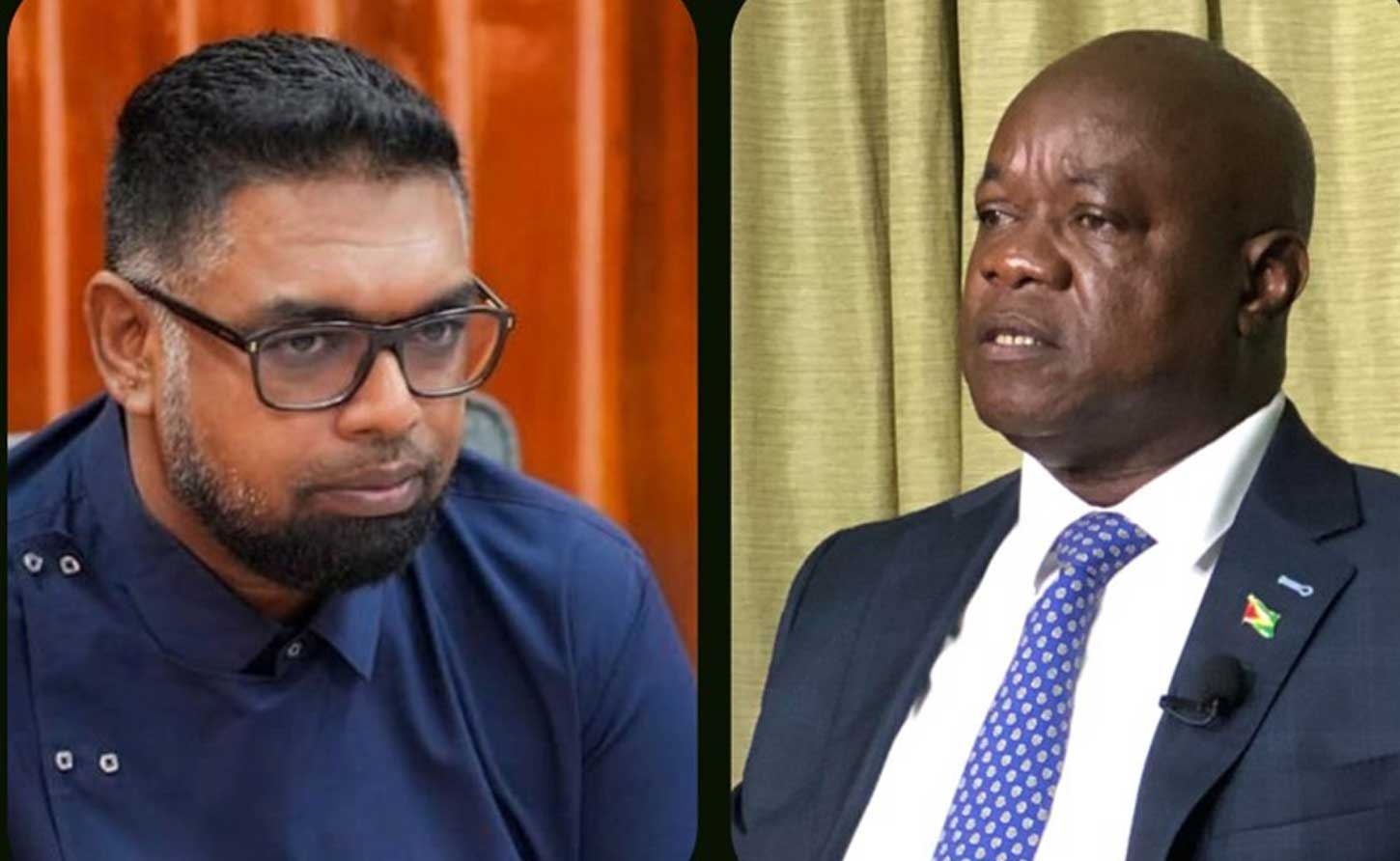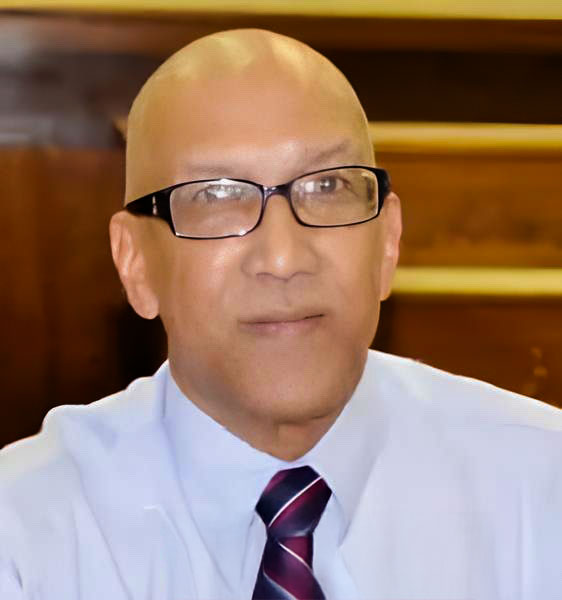GUYANA | When Guyana's Historic Political Enemies Became Allies

Seventy years after Forbes Burnham walked away from Cheddi Jagan, their political heirs have embraced in a stunning realignment that rewrites Caribbean political history
GEORGETOWN, Guyana, October 13, 2025 - Forbes Burnham didn't just leave the People's Progressive Party in 1955—he detonated it. The split between Burnham and Cheddi Jagan, co-founders who had once stood shoulder-to-shoulder against colonial rule, fractured Guyanese politics along fault lines that would define the nation for seven decades.
Burnham took the urban Afro-Guyanese base and built the People's National Congress. Jagan kept the PPP and its predominantly Indo-Guyanese support. The division wasn't merely political—it was tribal, ideological, and seemingly permanent.
Until now.
In a development that veteran publisher Glen H. Lall calls out with characteristic bluntness, Burnham's political descendants have done the unthinkable: they've walked straight back into the arms of Jagan's offspring.
The evidence? Regions 8 and 10, where the APNU (PNC's current incarnation) threw its support behind the PPP to systematically lock out the upstart We Invest in Nationhood (WIN) party led by Azruddin Mohamed.
"C'mon people, get some discernment," Lall writes, his exasperation practically bleeding through the page. "The subtitles were already there."
He's right. The signs were impossible to miss for anyone paying attention—and Lall, founder of the Kaieteur News, has been watching like a hawk circling carrion.
A Campaign Designed to Lose

Late to mobilize. Lacking fire. "Lost and limping," as he puts it, with the audio and video receipts to prove it.
For a party with everything to fight for, they fought like they had nothing to win.
The question Lall posed then—and answers now with grim satisfaction—was simple: What was the PNC really up to?
Because this wasn't the behavior of a party desperate for power. This was the posture of a party already making other arrangements.
"Don't be fooled by the late blooming rhetoric," Lall warns.
Then came the reveal. Days after the results, Dr. Bharrat Jagdeo—the PPP's vice president and "Guyana's one-man illuminati," as Lall sardonically dubs him—made an extraordinary announcement: the PPP's preference is to work with the PNC, not WIN.
Read that again. The party that spent decades denouncing the PNC as authoritarian, racist, and economically ruinous now prefers them to a scrappy new challenger that actually won significant support.
"I smelled the rat," Lall writes. "The odor was overpowering."
Oil Makes Strange Bedfellows
The lubricant for this unholy matrimony? Crude oil. Guyana's offshore petroleum bonanza has transformed the nation into one of the world's fastest-growing economies.
In this brave new world of lucrative contracts and petrodollar windfalls, being in the political wilderness isn't just uncomfortable—it's financially catastrophic.
According to Jagdeo, the PNC just needs to "get past its hatred." And miraculously, it did. Christian forgiveness meeting cold political calculation, all wrapped in the promise of oil revenues.
The mechanics of the merger are already falling into place. Dr. Terrence Campbell, the new PNC house leader, now has a "cakewalk" ahead in the National Assembly, Lall predicts. A Deputy Speaker position for the PNC? Practically guaranteed—"just as was done for two others who drifted across the political floor of parliament and into the bosom of the loving, welcoming, PPP."
Meanwhile, WIN—which actually posed a genuine electoral threat—finds itself systematically frozen out. The Region 10 chairmanship remains "deadlocked," but Lall scoffs at the notion. Will the Minister of Local Government cast the deciding ballot for WIN? "Ha ha! Ho, ho, ho, and a bottle of rum," he cracks.
Democracy's Casualty
This isn't merely about political pragmatism or strange alliances. This is about two establishment parties recognizing a mutual threat and colluding to eliminate it. The PNC gets revenge for votes lost to WIN and "some piece of the oil action." The PPP neutralizes a rising challenger while demonstrating its "financial muscle" and political ruthlessness.
WIN's Tabitha Sarabo-Halley captured the betrayal perfectly: "APNU prefers PPP to WIN."
"Get used to it, sister," Lall responds with brutal honesty.
The historical poetry is almost too perfect. The parties born from Guyana's most consequential political divorce have reunited—not out of ideological reconciliation or national interest, but to protect their duopoly against genuine competition.
Lall, who the PPP once labeled a "PNC man," sees the dark humor: "Now that the PNC and PPP are one, then that makes me a PPP man, also."
His preferred identity? "A voice in the wilderness."
In 2025, as oil wealth reshapes the nation Burnham and Jagan once dreamed of liberating, that wilderness may be where democracy's last honest witnesses reside.
-30-
